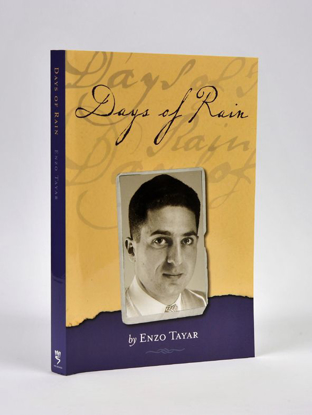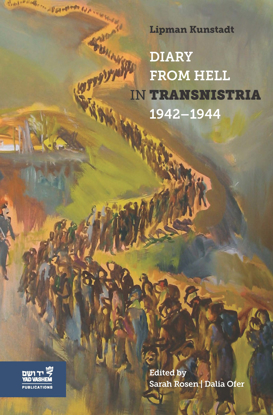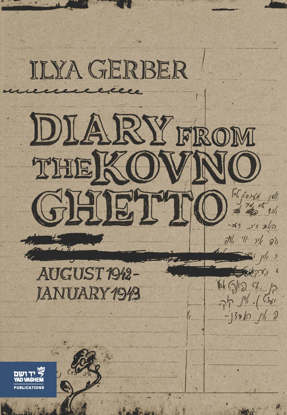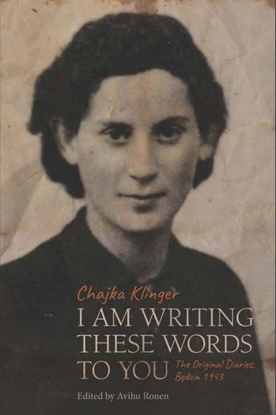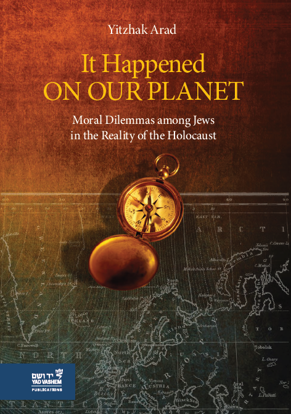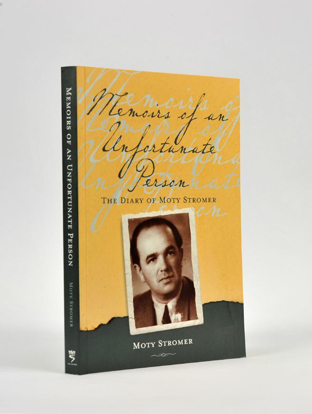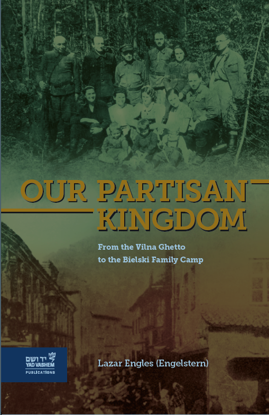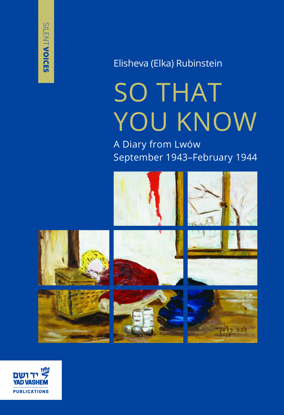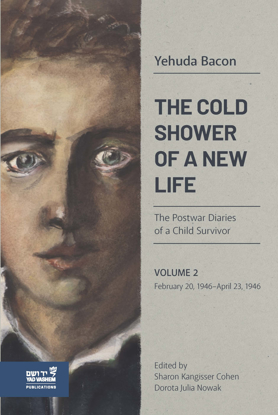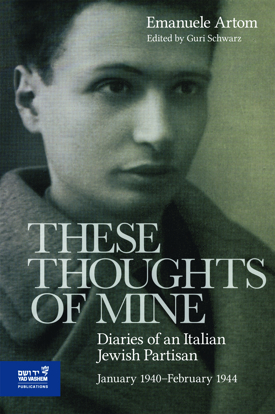מוצרים מתוייגים עם 'Diaries'
Diary From Hell in Transnistria 1942–1944
Lipman Kunstadt | Edited by Sarah Rosen and Dalia Ofer
I decided to stop writing the diary and to destroy the pages… I eventually overcame the despair and listened to the counterargument…a miracle may occur and your fragmentary writings will be the only remaining memory of Transnistria. (Lipman Kunstadt, August 26, 1942)
Diary from Hell in Transnistria is a painfully vivid and intricate account of life in the Dzhurin ghetto in Transnistria, written by Lipman Kunstadt, who was deported there from Radauţi, Romania, with his wife, his children, his mother, and his sister on October 14, 1941. Kunstadt, who was well-educated and a journalist, was appointed secretary of the Jewish council in the Dzhurin ghetto, where he had access to a great deal of information about its inner workings. He began writing his diary in Yiddish on April 11, 1942, at great risk, sparing no criticism against the ghetto leadership.
From Fiume to Navelli: A Sixteen-Year-Old’s Narrative of the Fleischmann Family and Other Free Internees in Fascist Italy, September 1943 – June 1944
Luigi Fleischmann | Editor: Daniella Zaidman-Mauer
I Am Writing These Words to You: The Original Diaries, Będzin 1943
Chajka Klinger | Editor: Avihu Ronen
It Happened ON OUR PLANET
Moral Dilemmas among Jews in the Reality of the Holocaust
By Yitzhak Arad
It Happened on Our Planet offers a brutally honest insight into the horrifying decisions that the Jews had to make and the unbearable situations in which the Jews found themselves during this time. The publication of this important work presents generations to come with a better understanding of the complex reality of the Holocaust.
Memoirs of an Unfortunate Person: The Diary of Moty Stromer
Moty Stromer | Foreword by David Silberklang
OUR PARTISAN KINGDOM - From the Vilna Ghetto to the Bielski Family Camp
Lazar Engles (Engelstern)
The moment we first set foot on the soil of the Naliboki Pushcha, the atmosphere was completely different. We felt a new kind of security, as if we were in our own partisan kingdom…. We had survived so many dangers, but we were now among Jews in the forest.
Prior to the German invasion of the Soviet Union, Lazar Engles (Engelstern) lived a peaceful and fulfilled life in his beloved city of Vilna with his wife and two daughters. The Nazi occupation of the city in June 1941 and its subsequent ghettoization marked a rapid escalation of horrors for Lazar and his family.
So that You Know: A Diary from Lwów September 1943–February 1944
Elisheva (Elka) Rubinstein
The Cold Shower of a New Life: The Postwar Diaries of a Child Survivor, Volume 2 – February 20, 1946–April 23, 1946
Yehuda Bacon, Edited by Sharon Kangisser Cohen and Dorota Julia Nowak
These Thoughts of Mine: Diaries of an Italian Jewish Partisan, January 1940–February 1944
Emanuele Artom, Edited by Guri Schwarz
- 1
- 2




